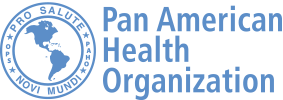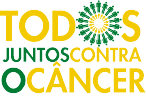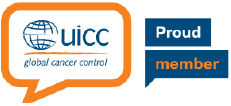Childhood and Adolescent Cancer
Since its foundation, the Desiderata Institute has been working towards increasing the chances of cure for cancer, the leading cause of death from disease among children and adolescents aged 1 to 19 years in Brazil.
Childhood and adolescent cancer is a rare disease without any preventive measures and, by and large, it is more aggressive than cancer in adults. However, with an early diagnosis and quick access to good-quality treatment, the chances of cure can be as high as 80% – a rate that is similar to that of developed countries.
Our projects seek to ensure that all children will have access to prompt diagnosis and proper treatment, thus enhancing the chances of cure.









